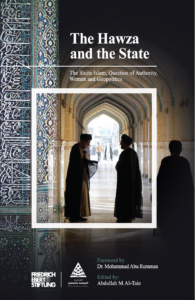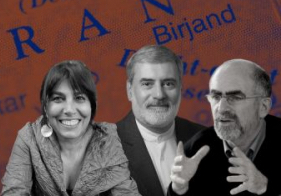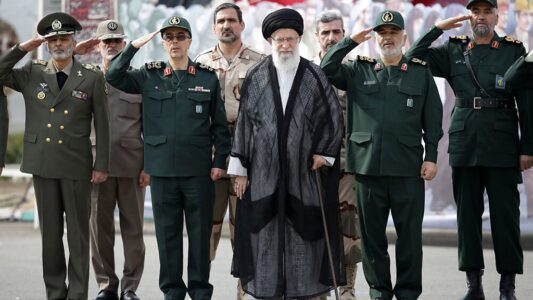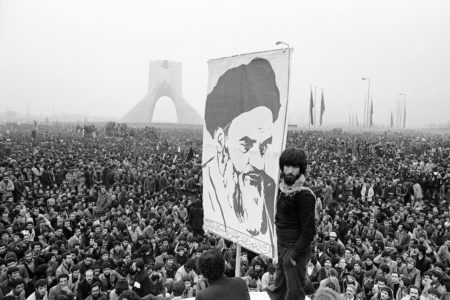
An Analysis of Shi’ite Political Thought
Imam Ali recognized the mutual rights of the ruler and ruled, the sanctity of contracts, especially with the enemy, and freedom of speech as the cornerstones of Shite political philosophy. Understanding Shi’ite political thought is impossible without considering the doctrine of justice and its consequences such as the right to an uprising against unjust rulers, which is crystallized in Imam al-Hussein b. Ali’s maxims and teachings. Ayatollah Khomeini’s political theory is in the absolute minority not only in the history of Shi’ite fiqh but also in contemporary Shi’ite fiqh.




